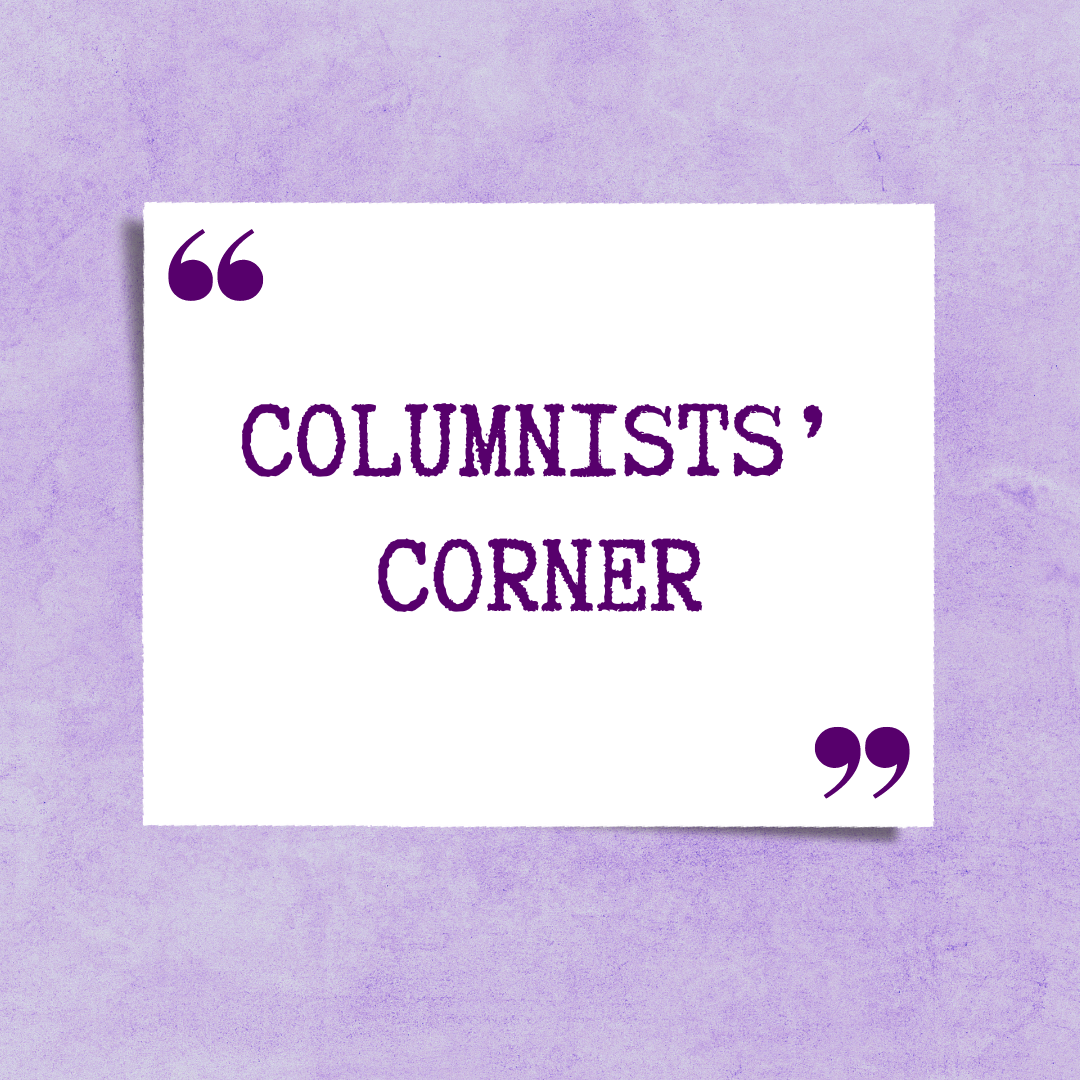One of the most popular constitutional amendments is unsurprisingly the first one. As it appears in the Constitution, it states, “Congress shall make no law respecting an establishment of religion, or prohibiting the free exercise thereof; or abridging the freedom of speech, or of the press; or the right of the people peaceably to assemble, and to petition the Government for a redress of grievances.”
The amendment protecting our freedom of speech and expression has shaped our country and culture. The ability to state our opinions, even if they are unpopular, as loudly as we like without fear of oppression is a privilege not every country affords its citizens. It is especially important that this freedom is protected, as speaking out freely has led to major societal reform.
However, just because the Constitution grants freedom of speech does not mean we should say whatever we want all the time. In order to maintain healthy relationships with others, we must respect the people around us. Respecting someone’s beliefs does not mean giving in and disregarding your beliefs and opinions, but realizing that theirs are valid too.
Similarly, one should not persistently say things that are rude or offensive to others. If someone is harassing another person in any form, their words are no longer free speech but hate speech. Whether it occurs to their face, behind their back or on social media, words can hurt people.
“Social media almost has a boomerang effect,” guidance counselor John Markovich said. “You send it out into the world, and it keeps coming back to you.”
Not only could social media misuse affect people around you, but it could also affect your future. Colleges and potential employers will look at your digital footprint to make sure you will be a good fit at their school and represent them well.
“Nowadays, the first thing people do is they go to Google, and they’re going to look you up if you’re interviewing for a job there,” Markovich said.
If you choose to harass people, shoot down their opinions or generally disrespect them with your right to free speech, you must be ready to accept the consequences. Although it is not a law, the way you choose to use your freedom of speech will affect your life and the people around you.
With that being said, free speech is a right, but like most rights, it comes with some responsibilities. The question of whether or not our freedom of speech should or shouldn’t be regulated is a heavily debated topic these days. On one hand, completely unrestricted freedom of speech could allow for threats, harassment or dangerous misinformation that may harm others. On the other hand, regulating speech risks silencing voices and opinions that deserve to be heard by others. The balance lies in protecting people from direct harm while still allowing room for debate and discussion. Free speech should be safeguarded, and any regulation must be explained carefully and be well-defined.
Additionally, our free will to speak is one of the most exercised rights we have, but it doesn’t mean our words are more important than those from an opposing group. When you speak your mind, you open the door for others to respond. Opposing opinions are not an attack on your freedom; they are simply examples of an opponent’s freedom of speech being exercised as well. If only one side gets to speak without pushback, then real dialogue and conversations can’t take place.
Additionally, the internet has made sharing one’s opinions easier than ever, but it has also made those opinions permanent. According to Teen Vogue, “A survey found that 45% of teens report being online nearly constantly.” This means that once you post your feelings, whether that is in the form of a joke, a rant or a serious statement, the post becomes part of your digital footprint. This is especially serious because teenage brains aren’t fully developed and won’t be until you reach your mid-20’s. Even if you delete a post shortly after sending it, screenshots and archives make it nearly impossible to erase that evidence. This means that your words can follow you into school, jobs and life in general.
Once you start to limit free speech, it becomes difficult to know where the line gets drawn and who decides to draw it. At first, it might seem reasonable for someone to limit what you say, but over time, those restrictions can grow until just about everything can be labeled as “too offensive” or “too dangerous.”
Free speech works best when people can openly express themselves, even if their views are unpopular, because it allows for debate and society to grow. If voices begin to get cut off arbitrarily or without concrete reasons, then risks begin to develop, creating a slippery slope where freedom is slowly chipped away.









